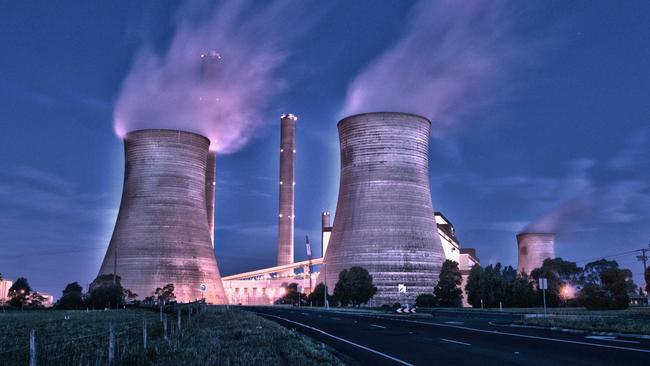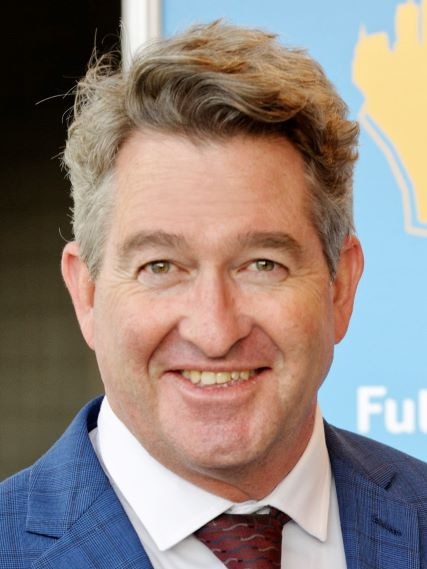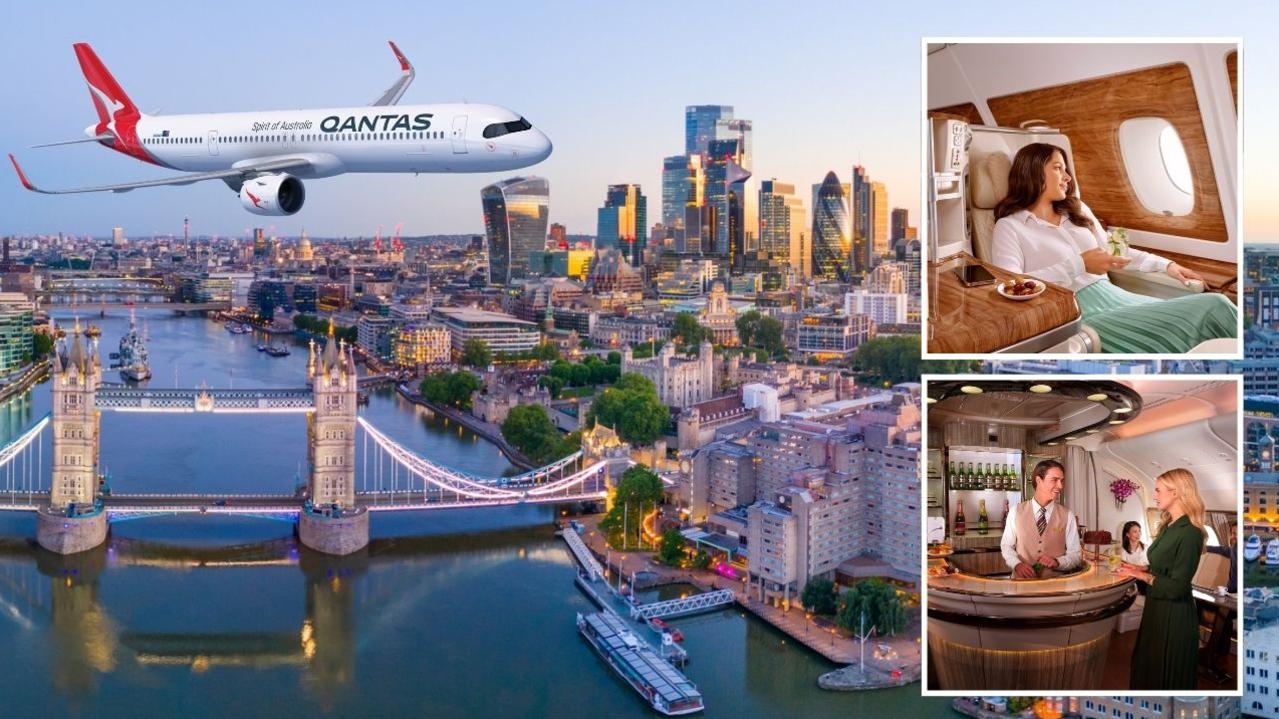It’s time to clear the air on carbon policy, says Australian Climate Policy Survey
Business leaders are calling for an end to policy uncertainty on the nation’s path to slashing carbon emissions.

Business
Don't miss out on the headlines from Business. Followed categories will be added to My News.
Business leaders are calling for an end to policy uncertainty on the nation’s path to slashing carbon emissions, with growing fears Australia will be penalised internationally if we don’t catch up on reduction targets.
C-suite executives from some of Australia’s biggest-emitting companies have also thrown their support behind reducing the baselines in the safeguard mechanism, which requires Australia’s largest greenhouse gas emitters to keep their net emissions below a certain limit.
The findings are included in the Carbon Market Institute’s latest Australian Climate Policy Survey of more than 400 businesses, which revealed that 88 per cent of those surveyed want an economy-wide zero net emissions target by 2050.
Businesses also want the government to commit to stronger near-term goals, with 84 per cent of respondents believing the 2030 target should be increased. This is up from 78 per cent just a year ago.
The survey, to be released on Monday, comes after the Business Council of Australia released a seven-point plan for the nation to achieve net-zero emissions by 2050.
The BCA, representing some of the nation’s biggest emitters, over the weekend said a formal commitment to net zero by 2050 was needed to provide investment certainty and that 10-year federal carbon budgets would “provide predictability and a clear pathway to net zero”.
The Carbon Market Institute’s research found that an overwhelming majority of business leaders are concerned about Australia’s slow path to decarbonisation, with 91 per cent believing the longer the delay, the more abrupt, forceful and disruptive the policy response will need to be, especially for carbon-intensive industries.
Meanwhile, 93 per cent believe global capital and investment is prioritising, or will prioritise, countries and companies with decarbonisation policies and actions.
“Our survey shows that the vast majority of respondents support net zero emissions by 2050 and stronger 2030 targets,” Carbon Market Institute CEO John Connor said.
“The major investment barrier of policy uncertainty could be addressed by reducing mandated safeguard mechanism baselines – a currently static pollution limit for every business that emits more than 100,000 tonnes annually,” he added.

Over three-quarters of respondents – 79 per cent – support the reduction of safeguard mechanism baselines, the survey reveals. “The findings confirm the overwhelming view in industry that capital flows to decarbonising economies and businesses, that climate risk is a key consideration for boards and investors, and that further delays in national emissions reduction policy will inevitably increase disruption to industry,” Mr Connor said.
“A strong majority also responded that companies with emissions reduction commitments should report against Paris goals.”
More than half of respondents are already factoring a carbon price into their investments and operations, and three-quarters believe that by 2030 the implicit price will exceed $30 a tonne.
Just under a third of those surveyed work for companies with national greenhouse gas emission reporting obligations.
The findings come as Australia is under mounting pressure to adopt a net zero emissions target ahead of November’s COP26 UN climate summit in Glasgow.
Meanwhile, the BCA this weekend called for Australia to almost double its 2030 emissions reduction target, from the current 26 to 28 per cent to between 46 and 50 per cent.
“Setting a more ambitious interim target now will drive new investment and bring forward action in sectors such as electricity where we can deploy commercially viable technology at scale,” BCA chief executive Jennifer Westacott said. “Of course not all sectors will be in a position to decarbonise at the same pace, and our plan allows for this by accelerating early action in sectors where commercially viable technology exists today.”
Like the Carbon Market Institute, the BCA is calling for the thresholds under the safeguard mechanism, which mandates Australia’s largest greenhouse gas emitters keep net emissions below a certain limit, to be reduced over time.
Originally published as It’s time to clear the air on carbon policy, says Australian Climate Policy Survey





